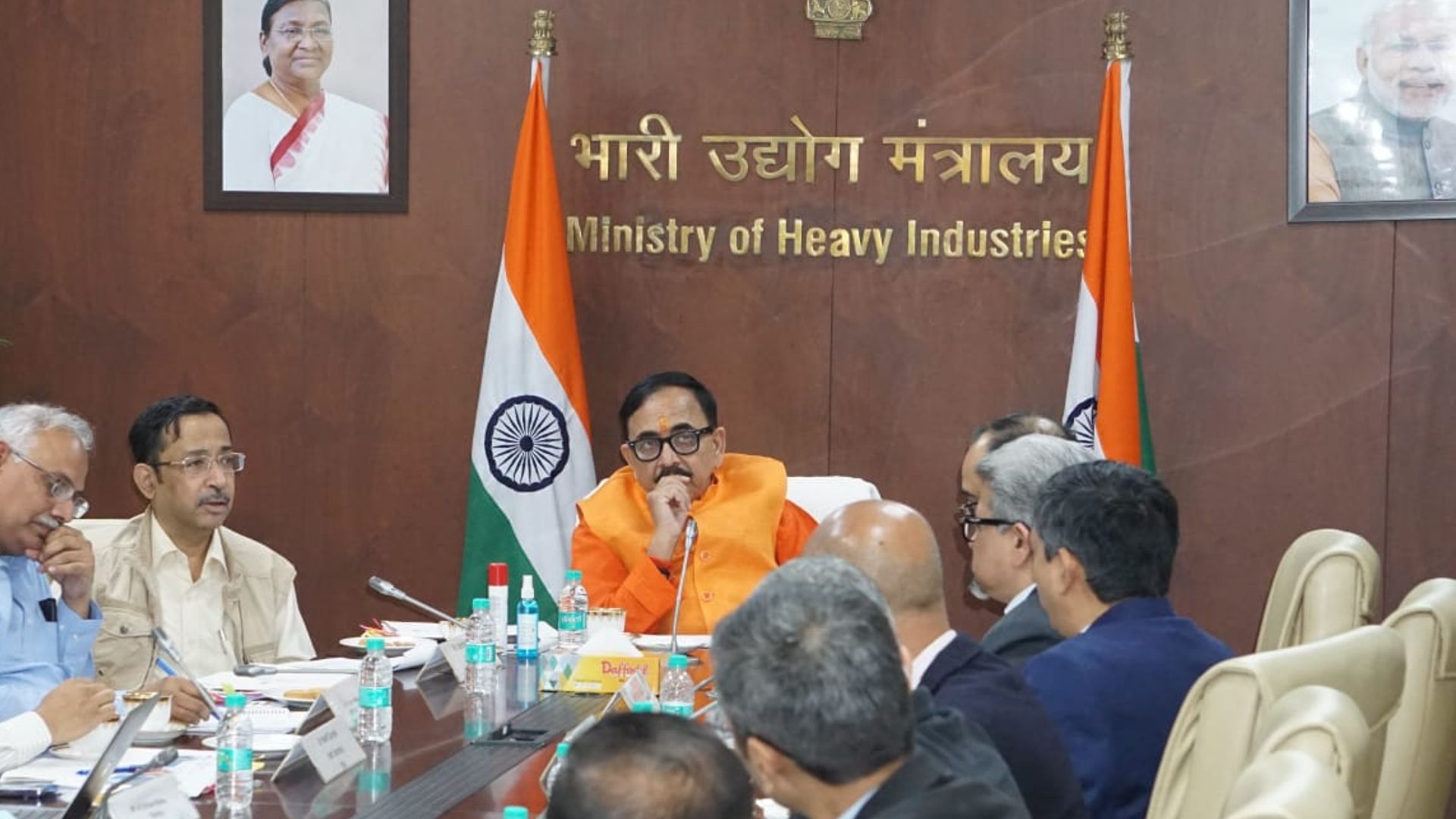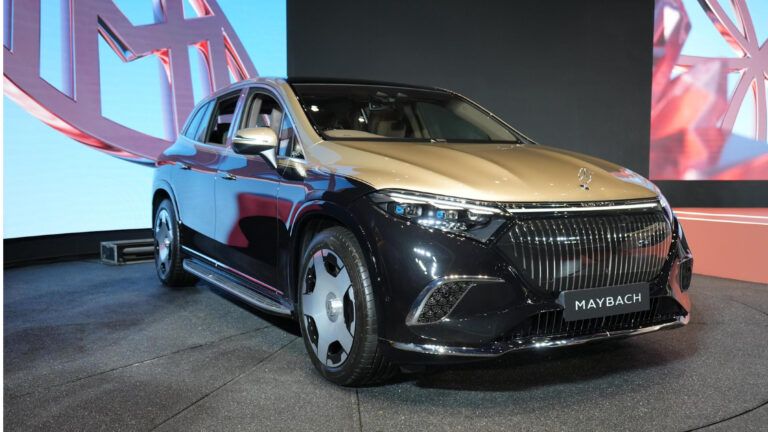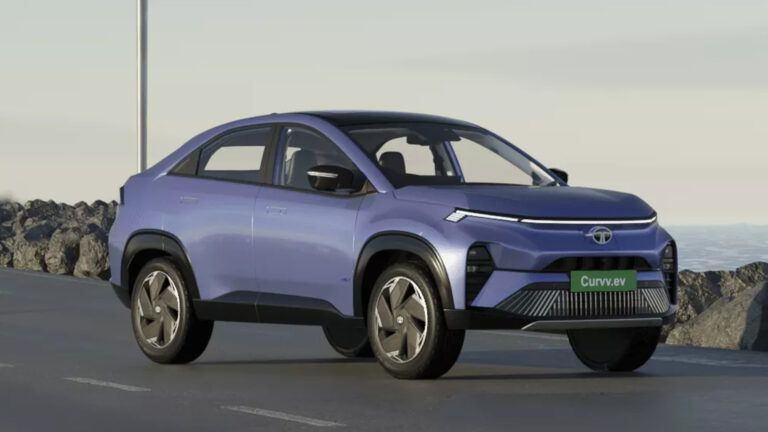As we all know, the Indian government is pushing to promote an EV ecosystem in line with Viksit Bharat. To achieve this target, Ministry of Heavy Industries (MHI) intends to establish a task force to devise an exhaustive blueprint for the EV industry. as per the Mint report.
Further, MHI will reportedly collaborate with several renowned agencies to conclude the setup of the task force.
The report claims that the ministry has sent letters to automakers to gather insights from stakeholders on EV adoption and infrastructure development. The letter also reveals that various agencies have pinpointed 11 critical topics for EV adoption in India.
Most agencies have started work to lay the groundwork for India’s transition towards e-mobility. Moreover, some agencies are collaborating with OEMs to advance the automotive vision program for Viksit Bharat 2047.
However, there was no response from MHI and FICCI to Mint’s queries. But a person working at The Energy and Resources Institute (TERI), one of the agencies in the task force, confirmed the ministry’s action.
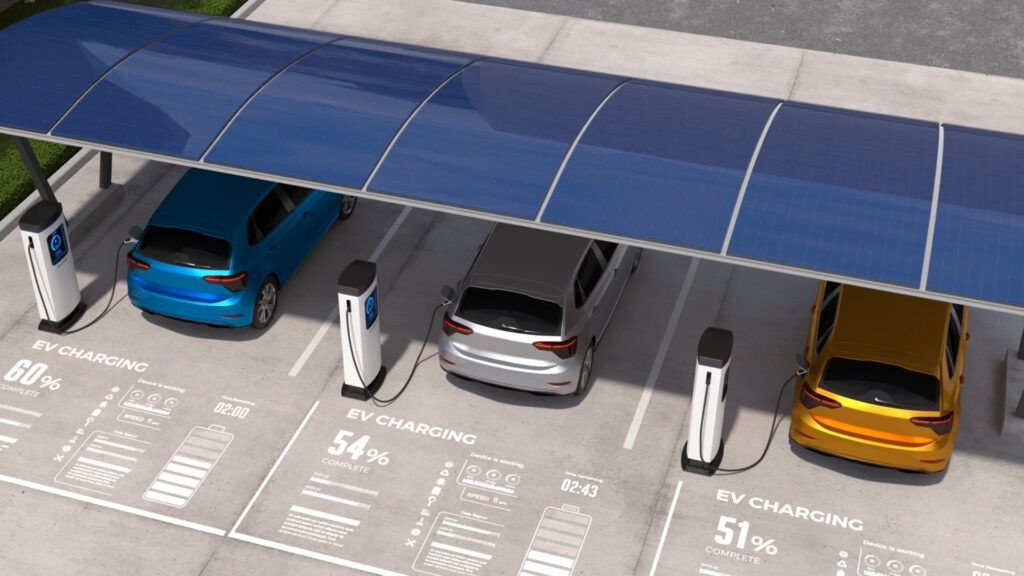
Roles of Different Agencies
MHI has assigned different agencies specific roles to accelerate the electric mobility transition. For instance,
- Focus on charging infrastructure: GIZ, a German government and EU agency, and FICCI
- Overseeing two- and three-wheelers: The Rocky Mountain Institute (RMI)
- Manage electric four-wheelers: World Resources Institute India (WRI) or FICCI
- Battery swapping related stuff: The Indian Battery Swapping Association (IBSA)
- Powering electronics, devices, and motors: The US Agency of International Development (USAID)
- Advancing chemistry cell (ACC) technologies: The India Energy Storage Alliance (IESA)
- For training workers to support the growing EV sector: TERI
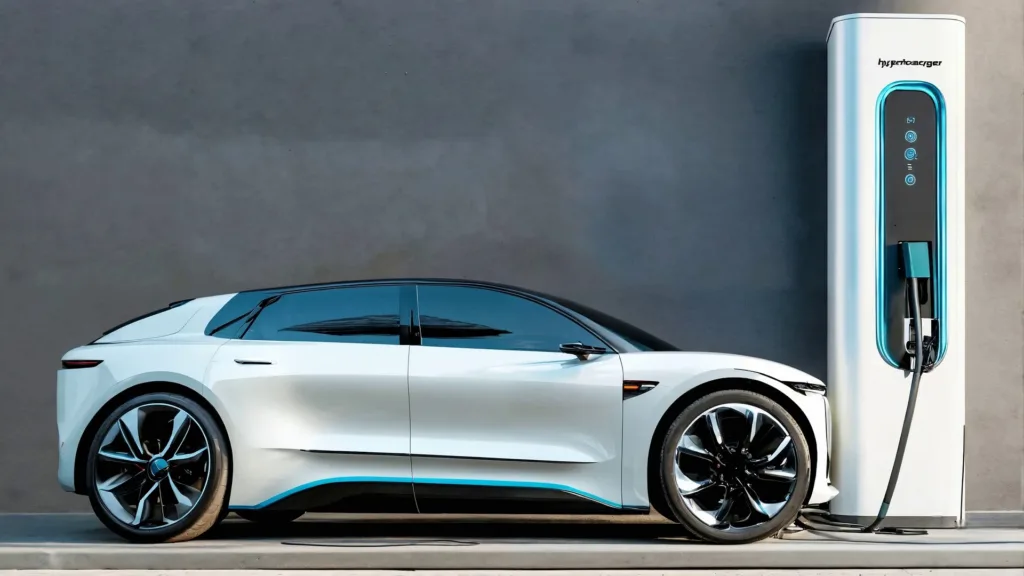
New Policies and Progressive EV Trends
The government recently introduced the Electric Mobility Promotion Scheme (EMPS) 2024 for e-two-wheelers and e-three-wheelers. This new policy replaces the FAME II scheme, which ended in March 2024.
Additionally, the government is offering incentives to businesses setting up production plants in the country. The aim is to make India an EV manufacturing hub.
What’s fascinating is that EV sales increased by 45% in 2024, even after subsidy cuts and policy changes from the government. Additionally, there has been a significant increase in electric car registration in the country every year.
For instance, in 2023, the number exceeded 1.5m units from the previous year, as per Mint. As a result, the EV penetration rate increased to 6.3% in 2023 from 4.8% in 2022.
Conclusion
With progressive policies and planned projects, the government and various agencies aim to promote electric mobility in India. The goal is to have a sustainable future and make India a leading player in the global EV market.

